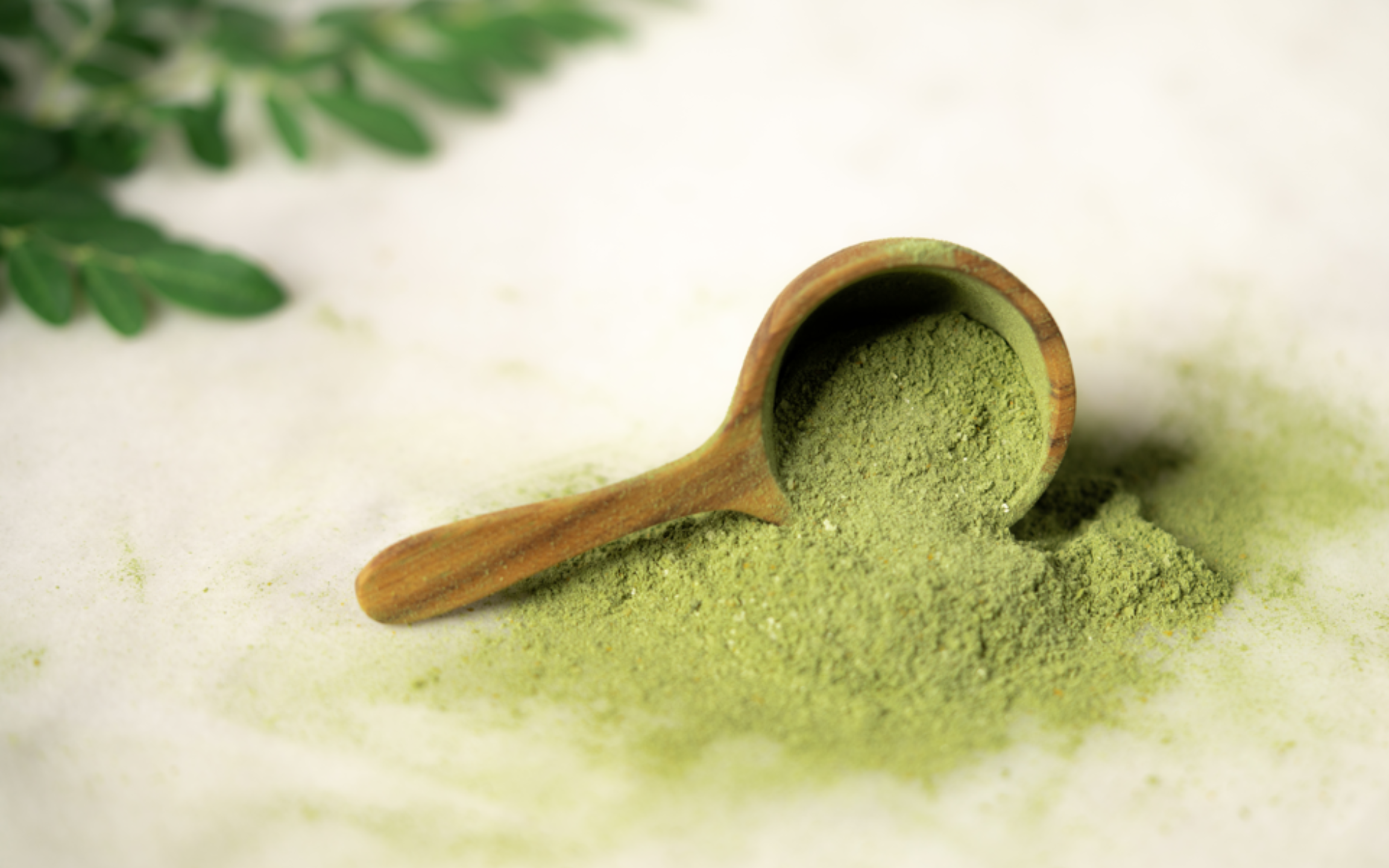Three Steps to Healthy Weight Gain
January 16, 2019,
Rebecca Haresign

At Isagenix we have lots of information to support people in their weight loss goals – but for some customers, their goal is to gain weight.
Gaining weight might sound easy and as though it needs little guidance, but actually it can be just as difficult as losing weight. People might look to gain weight following a period of poor health, or if they’re looking to improve body composition for athletic performance. Either way it’s important to focus on muscle gain rather than just generally gaining weight. This requires careful planning and preparation of meals and snacks to make sure they’re packed full of all the right nutrients.
When a person is looking to lose weight, their programme will include consuming fewer calories and moving more to increase the amount of energy that’s used each day. However, when you’re trying to gain weight this doesn’t mean you should stop being physically active and increase your consumption of foods high in calories. Incorporating more foods that are high in saturated fats, added sugars and provide few essential nutrients means you’re unlikely to gain the type of weight you want to. However, by focusing on consuming more nutrient-dense foods this can increase the number on the scale and your measurements in a healthy way.
Here are three top tips to help you gain the right type of weight:
Eat protein in the right amounts throughout the day
Research has shown that consuming several servings of protein-rich foods spread evenly throughout the day, a concept referred to as protein pacing, can help to increase lean body mass (1). This suggests that following this concept of protein pacing as an eating pattern can maximise muscle building combined with exercise.
Snack more often
A good way to increase your calories without having to consume it all in one go is to schedule regular snacks. It’s important to plan to make sure you’re consuming sufficient snacks throughout the day that provide the right balance of nutrients.
Some people find they’re still full from their main meals and so struggle to build an appetite for their snacks. A solution to this could be to make the size of your meals smaller (without sacrificing an entire food group) and eating more frequently.
It’s important to avoid consuming ‘empty calories’, which means foods that are high in saturated fats, added sugars, and provide few positive nutrients. This approach might increase your weight, but not in the way you’re hoping! Focus your attention on include five or six smaller, nutrient-dense meals every day, packed with starchy carbs, lean or plant-based sources of protein, vegetables and healthy fats.
Fuel muscle after exercise
Healthy weight gain requires more than just increasing your calories – it’s important to also make sure you’re getting enough physical activity, particularly if you’re trying to gain muscle. Incorporating a good strength training programme can help to use the extra calories you’re consuming for muscle building.
Post-workout nutrition is key, and it’s important to make sure you’re re-fuelling after a workout. Research suggests you should aim to consume around 20g protein within two hours after exercise to stimulate muscle protein synthesis and help you get the most benefit from your workout (2, 3).
Gaining healthy weight with Isagenix
Products like IsaLeanTM Shake, IsaLeanTM Bar, Harvest ThinsTM and Whey ThinsTM are all a source of protein and useful to keep you on track. IsaPro® is another key product that can be added into smoothies, oats, or rolled into protein balls. Other protein-rich snacks include a handful of unsalted nuts and seeds, or low-fat Greek yogurt mixed with your favourite fruit.
These products can be easily incorporated into your routine. Whether your goal is weight loss or weight gain, it’s important to remember that it takes time and a consistent, well balanced diet. Isagenix has a range of nutritional products to help support you in achieving your goals.
References
- Arciero PJ, Ives SJ, Norton C, Escudero D, Minicucci O, O’Brien G, Paul M, Ormsbee MJ, Miller V, Sheridan C, He F. Protein-pacing and multi-component exercise training improved physical performance outcomes in exercise-trained women: PRISE 3 study.Nutrients 2016, 8(6), 332; doi:3390/nu8060332
- Egan B. Protein intake for athletes and active adults: Current concepts and controversies.Nutr Bull 2016;41:202-213.
- Moore DR, Robinson MJ, Fry JL, Tang JE, Glover EI, Wilkinson SB, Prior T, Tarnopolsky MA, Phillips SM. Ingested protein dose response of muscle and albumin protein synthesis after resistance exercise in young men.Am J Clin Nutr 2009;89:161-8




